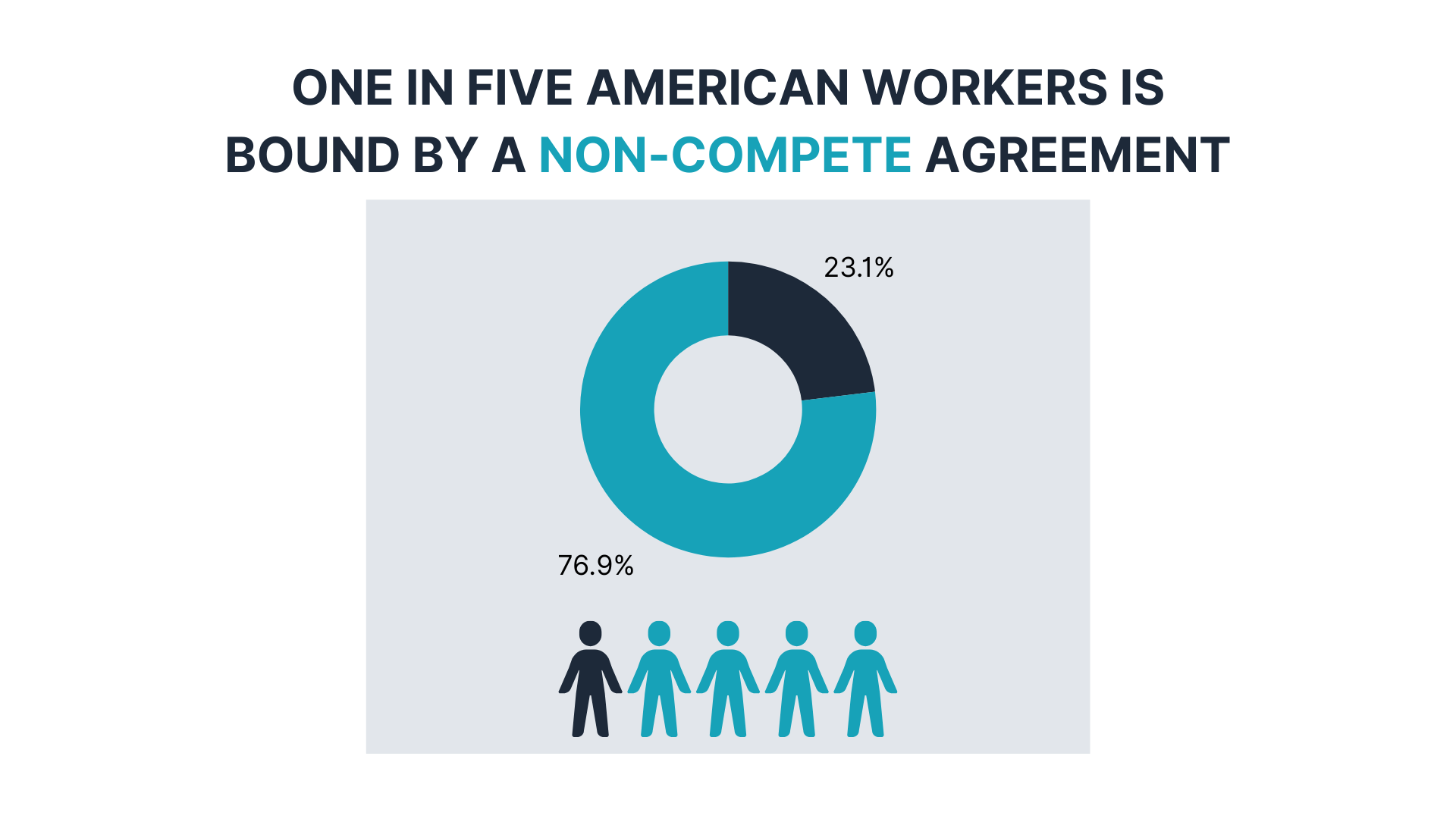
Workday Buys Sana for $1.1B, Wellhub Completes $600M Deal, Family First Launches New Solutions & More Industry News
The latest high-profile acquisitions and industry developments confirm that the market remains firmly centered on strategic, technology-driven HR, wellness, and benefits innovation.




